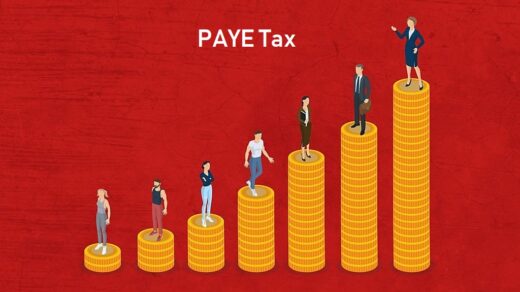Installment tax is a proactive approach to income tax payment, requiring individuals and non-individual entities to make periodic advance payments in anticipation of their annual tax liability. Administered under the Income Tax Act Cap 470 in Kenya, installment tax helps streamline the taxation process by spreading the tax burden over the course of the financial year.
This article delves into the intricacies of installment tax, including who it applies to, how it’s calculated, and the payment process.
Applicability and Exemptions
Installment tax is applicable to every person subject to tax, both individuals and non-individual entities. However, individuals and businesses subject to Turnover Tax (TOT) are exempt from installment tax obligations. Individual taxpayers with a tax liability exceeding Kshs. 40,000 for any year are required to pay installment taxes, provided their liability is not fully covered under the Pay As You Earn (PAYE) system.
Calculation of Installment Tax
There are two primary methods for calculating installment tax:
- Prior Year Basis: Multiply prior year tax payments by one hundred and ten percent. This method is suitable for businesses with consistent performance.
- Current Year Basis: Particularly applicable to new businesses or those transitioning from losses to profitability, installment tax is determined by estimating the current year’s profit and the associated tax payable.
Payment Schedule
Installment tax payments are made in four equal installments throughout the financial year. These installments are set at 25% of the estimated tax due and are payable on the 20th day of the 4th, 6th, 9th, and 12th months of the year of income. However, taxpayers in the Agricultural Sector follow a different schedule, paying 75% in the 9th month and 25% in the 12th month.
The remaining tax balance, termed as the return balance, must be settled by the end of the 4th month after the year-end, typically by April 30th for December year-end cases.
Payment Process
Installment tax payments can be conveniently made through the iTax platform. To initiate the payment process:
- Generate a Payment Slip: Utilize the iTax platform to generate a payment slip.
- Bank Presentation: Present the payment slip, along with a cheque made out to the Kenya Revenue Authority, at any of the partner banks.
Penalties for Late Filing and Payment
Timeliness is crucial in installment tax payments, and failure to adhere to the schedule may attract penalties. The penalty for late payment of income tax is applicable. Additionally, underpaying installment tax incurs a penalty of 20% of the difference between the installment tax payable and the amount actually paid.
Claiming Installment Tax
Any installment tax already paid during the year of income can be claimed as an advance payment made. This allows for the adjustment of tax liability during the final assessment.
Conclusion
Understanding installment tax is paramount for individuals and businesses seeking to manage their tax obligations efficiently. By adhering to the installment tax schedule, businesses can contribute to a smoother tax administration process and avoid unnecessary penalties.
Staying informed about installment tax regulations ensures compliance and fosters a transparent and cooperative relationship with the Kenya Revenue Authority.




